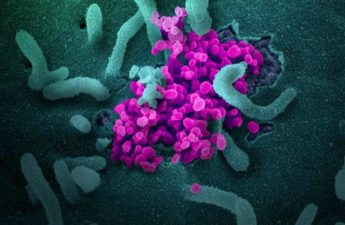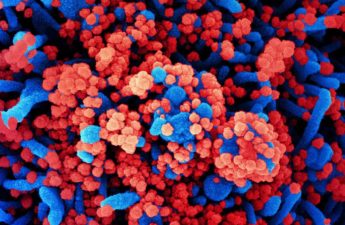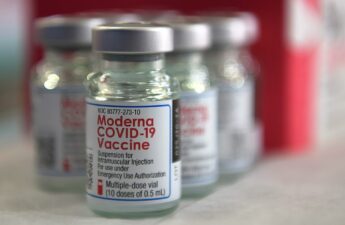Category: Public Health
Public Health — Seattle & King County describes its efforts to reduce overdoses
If you are a King County resident, order online to have free naloxone mailed to any address. It arrives in plain packaging to protect your privacy.
Most Americans Say They or a Family Member Has Experienced Gun Violence
Nearly 1 in 5 respondents , including 34% of Black adults, 18% of Hispanic adults, and 17% of white adults, said a family member had been killed by a gun.
Why Finland is the happiest country in the world – an expert explains
Finland comes out top, followed by Denmark and Iceland. Just why Finns are happier than others comes down to a number of factors including lower income inequality (most importantly, the difference between the highest paid and the lowest paid), high social support, freedom to make decisions, and low levels of corruption.
COVID origins debate: what to make of new findings linking the virus to raccoon dogs
While this latest data is one additional piece of the puzzle that supports an origin of the pandemic linked to Wuhan’s animal trade, it is unlikely to provide irrefutable evidence.
Being ‘Socially Frail’ Comes With Health Risks for Older Adults
Social frailty is a corollary to physical frailty, a set of vulnerabilities (including weakness, exhaustion, unintentional weight loss, slowness, and low physical activity) shown to increase the risk of falls, disability, hospitalization, poor surgical outcomes, admission to a nursing home, and earlier death in older adults.Essentially, people who are physically frail have less physiological strength and a reduced biological ability to bounce back from illness or injury.
Frozen Organic Strawberries and a Tropical Fruit Blend Recalled Because of Hepatitis A Risk
Several brands of frozen organic strawberries and one tropical fruit blend are being recalled following a hepatitis A outbreak that’s sickened at least five Washington residents.
Despite the incredible success of the COVID vaccines, and other public health efforts to bring outbreaks largely under control, the pandemic isn’t yet past tense. We are, however, moving out of the emergency response phase.
HOW TO KEEP MEDICAID APPLE HEALTH INSURANCE AS POLICIES CHANGE
Thousands of people who have health insurance through Medicaid (also known as Apple Health, in Washington) risk losing coverage in coming months. The good news: There are options for people to keep health insurance coverage – if they act in time.
Sexual and reproductive telehealth services now available in Washington state.
Available telehealth services include birth control refills, pregnancy options counseling, emergency contraceptives, and screenings for sexually transmitted infections.
Where are we at in King County with COVID-19?
A conversation with Seattle King County-Public Health’s Dr. Jeff Duchin, the county’s health officier and chief of Communicable Disease Epidemiology & Immunization Section.
80% of pregnancy-related deaths in Washington state were preventable, study
Behavioral health conditions, including suicide and overdose, remain the leading causes of pregnancy-related deaths. Other common causes were hemorrhage and infection.
Mental Health Care Must Promote Wellness, Not Just Treat Illness
The nation’s mental health care system is currently focused almost exclusively on preventing and treating mental illness — conditions like depression, anxiety, and personality disorder that adversely affect a person’s mood and behavior. Although these are critical factors in mental health, so too are the components of life that are associated with feeling good, finding happiness and meaning, connecting with others, and feeling engaged — qualities that can be collectively described as positive mental health, or mental wellness.
Epigenetic and social factors both predict aging and health – but new research suggests one might be stronger
For years, researchers have been using clinical factors normally collected at physicals, like hypertension, cholesterol and weight, as indicators to predict aging. The idea was that these measures could determine whether someone is a fast or slow ager at any point in their life cycle. But more recently, researchers have theorized that there are other biological markers that reflect aging at the molecular and cellular level. This includes modifications to a person’s genetic material itself, or epigenetics.
A journey from work to home is about more than just getting there – the psychological benefits of commuting that remote work doesn’t provide
During the shift to remote work, many people lost this built-in support for these important daily processes. Without the ability to mentally shift gears, people experience role blurring, which can lead to stress. Without mentally disengaging from work, people can experience burnout.
King County and the City of Seattle will no longer require proof of vaccination against COVID-19 as a condition of employment.
With King County’s high level of vaccination booster uptake and lower levels of community spread, hospitalizations due to COVID infection remained at a safe level, making the overall risk forecast low enough to lift the mandate for employees, volunteers, and contractors.














